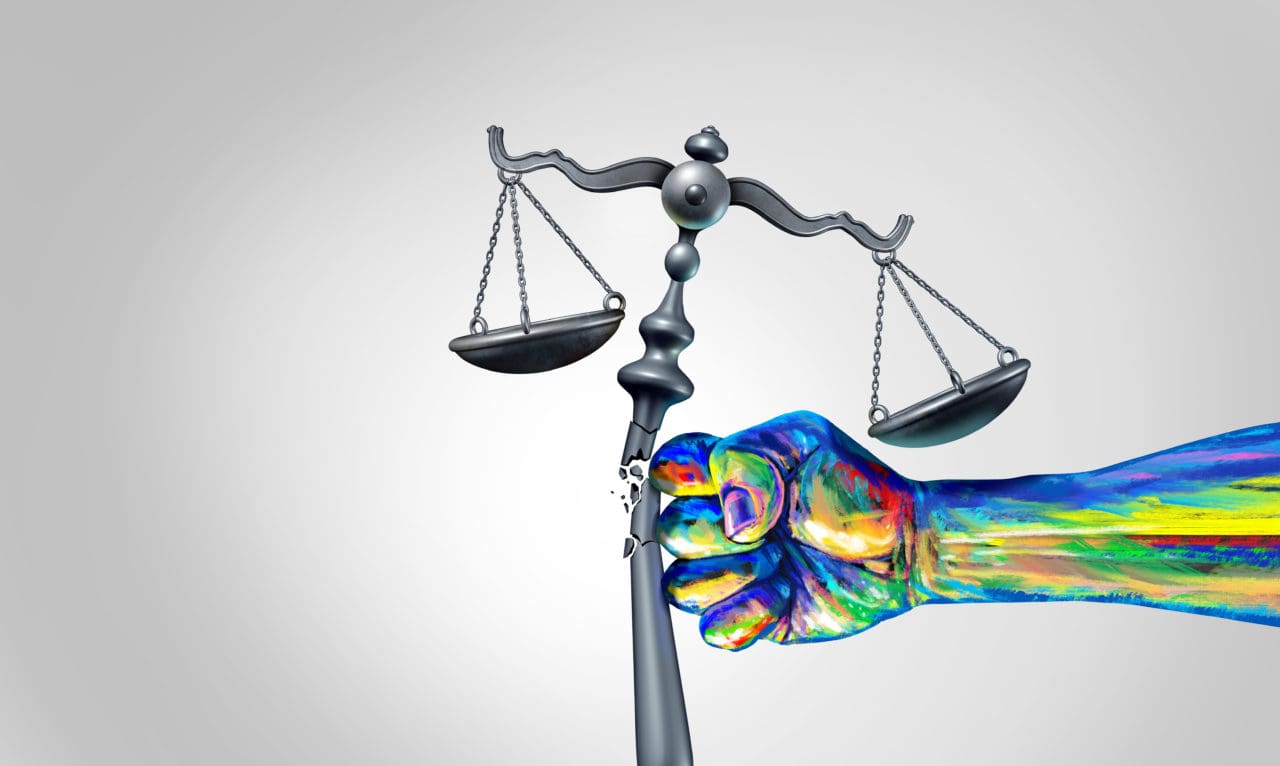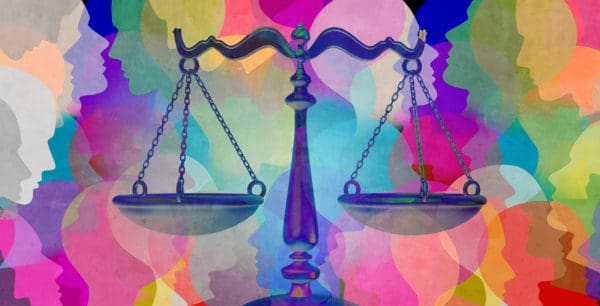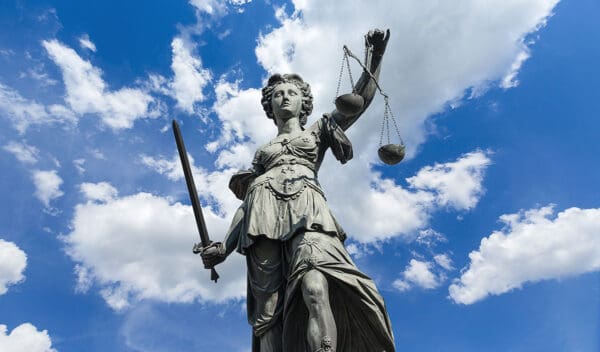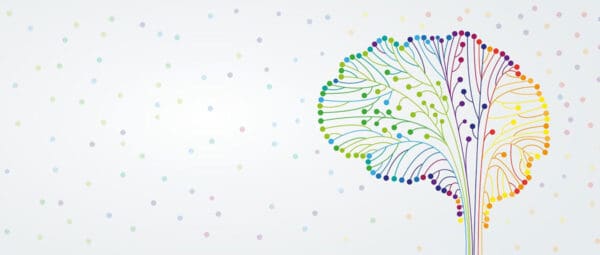It’s a little over two years since Denver decriminalized psilocybin through its Measure 301. The momentum is only growing as more local and state jurisdictions move to decriminalize certain psychedelics. Currently, many of the initiatives or bills make enforcing personal possession of certain psychedelics the lowest law enforcement priority, an important step to changing psychedelic drug policy. Others have reduced the penalties for personal possession of certain psychedelics, and one state, Oregon, has legalized psilocybin for therapeutic use.
Decriminalization, however, does not equate to legalization. While initiatives that reduce the enforcement priority or the penalties for personal possession are steps in the right direction, other activities (e.g., sale, distribution, manufacturing, or possession with intent to distribute) are still criminalized and illegal. For example, Kole Milner was charged with possession with intent to distribute after Denver decriminalized personal possession of psilocybin and is facing twenty years of jail time and a $1 million fine; another Denver man was arrested for selling about 4 oz of mushrooms.
The current decriminalization landscape is not uniformed. The type of substance, scope of activity, or penalty reduction, if any, depend on the local legislators and advocacy efforts. Below is a survey of the approved resolutions, initiatives, measures or bills as well as certain proposed legislation in various states.
Passed / Approved
- Denver (CO): initiative approved that makes personal use and possession of psilocybin mushrooms by persons 21 years of age or older the city’s lowest law enforcement priority. Restricts using city funds or resources for enforcement.
- Oakland (CA): resolution made investigating and arrest of adults for planting, cultivating, purchasing, transporting, distributing, engaging in the practices with, and/or possessing entheogenic plants or certain schedule I plant compounds the lowest law enforcement priority for Oakland; and restricted using city funds and resources to enforce laws that impose criminal penalties for the use and possession of entheogenic plants (e.g., mushrooms, cacti, iboga, ayahuasca) by adults.
- Santa Cruz (CA): resolution made the investigation and arrest of individuals involved with the adult possession, use, or cultivation of psychoactive plants and fungi listed on the federal schedule 1 list for personal adult use and clinical research to be among the lowest priorities for the city.
- Washington DC: Initiative 81 makes investigation and arrest of adults for non-commercial planting, cultivating, purchasing, transporting, distributing, possessing or engaging in practices with entheogenic plants containing ibogaine, DMT, mescaline and fungi containing psilocybin or psilocyn among the lowest law enforcement priorities for Washington, DC.
- Oregon: Measure 110 decriminalized all drugs by reclassifying the penalty for personal possession of a controlled Schedule I-IV substance as a Class E violation resulting in a $100 fine or a completed health assessment. However, commercial drug possession crimes, such as manufacturing or delivering drugs, would still carry a felony criminal penalty. Measure 109 allows the manufacture, delivery, administration of psilocybin legally at supervised, licensed facilities after a two-year development period.
- Ann Arbor (MI): resolution to make investigating and arresting of adult persons for planting, cultivating, purchasing, transporting, distributing, possessing or engaging in practices with entheogenic plants or plant compounds on the federal schedule I list be the lowest law enforcement priority.
- Cambridge (MA): order adopted that makes investigation and arrest of adult persons for planting, cultivating, purchasing, transporting, distributing, engaging in practices with, and/or possessing entheogenic plants to be amongst the lowest law enforcement priority for the City of Cambridge; and restricts city funds or resources to assist in the enforcement of laws imposing criminal penalties for the use and possession of entheogenic plants by adults.
- Somerville (MA): resolution approved that makes investigation and arrest of adult persons for planting, cultivating, purchasing, transporting, distributing, engaging in practices with, and/or possessing entheogenic plants to be amongst the lowest law enforcement priority for the City of Somerville; and restricts city funds or resources to assist in the enforcement of laws imposing criminal penalties for the use and possession of entheogenic plants by adults.
- Northhampton (MA): resolution makes investigation and arrest of adult persons for planting, cultivating, purchasing, transporting, distributing, engaging in practices with, and/or possessing entheogenic plants to be amongst the lowest law enforcement priority for Northampton, MA; and restricts city funds or resources to assist in the enforcement of laws imposing criminal penalties for the use and possession of entheogenic plants by individuals.
- New Jersey: bill that makes, among other things, the possession of up to one ounce of psilocybin a disorderly persons offense, which carries no more than a $1,000 fine or 6 months in jail.
Proposed
- California: the proposed bill would make lawful to possess, plant, cultivate, harvest or process for personal use and the social sharing of psilocybin, psilocyn, dimethyltryptamine (DMT), ibogaine, mescaline, lysergic acid diethylamide (LSD), ketamine, and 3,4-methylenedioxymethamphetamine (MDMA), by and with persons 21 years of age or older.
- Hawaii: if approved, the measure would establish designated treatment centers for the therapeutic administration of psilocybin and psilocyn, both of which will be removed from the state’s list of Schedule I controlled substances.
- Maine: a proposed bill will make possession of a drug for personal use a civil violation punishable by a fine of $100. If the offender is unable to pay, they will be referred by the court to a licensed health care provider or drug treatment facility. In addition, a separate proposed bill, like in Oregon, would allow anyone age 21 and over to purchase psilocybin from a licensed retailer and consume it under the supervision of state-approved facilitators. The bill would grant licenses for the psilocybin service centres, facilitator credentials, and permits for manufacturing and testing facilities.
- Massachusetts: bill introduced to replace the criminal penalty for unlawful possession of controlled substances with a civil fine of $50 or enrollment in a needs screening to identify health and other service needs.
- Missouri: bill introduced will expand the state’s Right To Try law by allowing terminally ill people access to schedule I controlled substances such as MDMA, psilocybin mushrooms, LSD, DMT, mescaline and ibogaine with a doctor’s recommendation after exhausting all other approved treatment options. It would also remove felony penalties statewide for simple possession of up to 35 grams or less of such drugs, reclassifying low-level offenses as misdemeanors.
- New York: proposed bill would make unlawful possession of a controlled substance a violation punishable with a fine of $50 dollars or participation in a needs screening to identify health and other service needs.
- Rhode Island: proposed bill would make unlawful possession of controlled substances in schedules I-IV a civil violation punishable by a fine of $100 for each offense. The fine will double if not paid within 30 days. Possession of a controlled substance for personal use shall result in forfeiture of such substance.
- Virgina: a joint resolution that would direct the Virginia State Crime Commission to study the propriety and effectiveness of alternative approaches to the Commonwealth’s enforcement scheme for the possession of controlled substances, including decriminalization of the possession of such substances.
- Washington (state): the introduced bill would remove criminal penalties for “personal use amounts” (to be determined) of illegal substances and expand outreach and recovery services.
Died
- Kansas: the bill would make possession of controlled substances for personal use a civil offense punishable by a $100 fine and referral for those found in possession of a controlled substance (other than marijuana) to a drug abuse treatment program. Noncompliance with such a program is an unclassified misdemeanor punishable by up to 5 days in jail, a fine up to $250 and up to 6 months probation. The bill would also reduce criminal penalties for manufacturing or distributing controlled substances. This bill died in committee.
- Florida: similar to Oregon’s initiatives, the bill provides for use of psilocybin for mental health treatment, establishes Psilocybin Advisory Board, provides licensure requirements for psilocybin product manufacturing facilities, service centers, facilitators, & testing laboratories & permitting requirements for licensee representatives, and provides prohibitions & penalties. The bill died in the subcommittee on April 30.
Research Credit: Krissy Atterholt
This survey may not completely represent all the efforts to decriminalize, legalize or otherwise regulate psychedelic substances in the United States. The landscape continues to evolve and shift as the tides are changing for psychedelics.
The content of this article is intended to provide general information on the subject matter. For specific advice about your specific circumstances, please consult an attorney or an appropriate professional.









